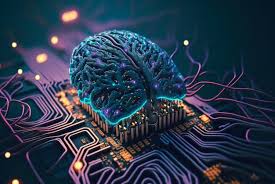For the past few weeks, rumors of an impending purchase of HTC spread across the Internet. The company spent years in financial distress before slowly recovering in the past year or so. Everyone assumed Google planned to buy the company and its intellectual property due to HTC designing and manufacturing the Pixel devices. Well, it turns out the rumors were half-true as Google announced its intention to purchase part of HTC.
Google won’t be buying hardware company HTC, though. Instead, the company will buy the team behind the Pixel and Pixel XL smartphones as well as certain IP. HTC is giving Google non-exclusive rights to some of its IP and patents, likely related to the Pixel devices. After the acquisition is completed, HTC will continue to produce its own smartphones and mobile hardware. Its development team still remains about 2,000 strong.
Why Is Google Making This Acquisition?
Without a doubt, Google wants to streamline its processes behind the design and development of mobile hardware. HTC helped produce the Pixel devices, and employing the team behind that hardware makes complete sense. Google can now conceive, design, develop, and manufacture its Pixel devices in an accelerated manner. Since that part of HTC’s team is already familiar with the Pixel, everything should run even smoother than before.
But Really…It’s All About Apple
Analysts and consumers alike know Google wants to compete with Apple. Google has made attempts in the past to battle against the Cupertino giant. In those instances, Apple continued to dominate Google’s best efforts. The Pixel and Pixel XL devices were immediately seen as shots against Apple upon release. Now a bolstered, in-house hardware division will start the true fight against Apple.
Google made incredible strides with its Android operating system in the past couple versions. Android 5.0 Lollipop and Android 6.0 Marshmallow laid the foundation for a solid Android 7.0 Nougat. With Android 8.0 Oreo, the software is now quite refined and more polished than it’s ever been. Despite great flagships from Samsung, LG, and others, Android hardware has never been as tight as Google has desired.
In the next few years, that dynamic may shift dramatically as Google consolidates its hardware and software into one fine-tuned package.


